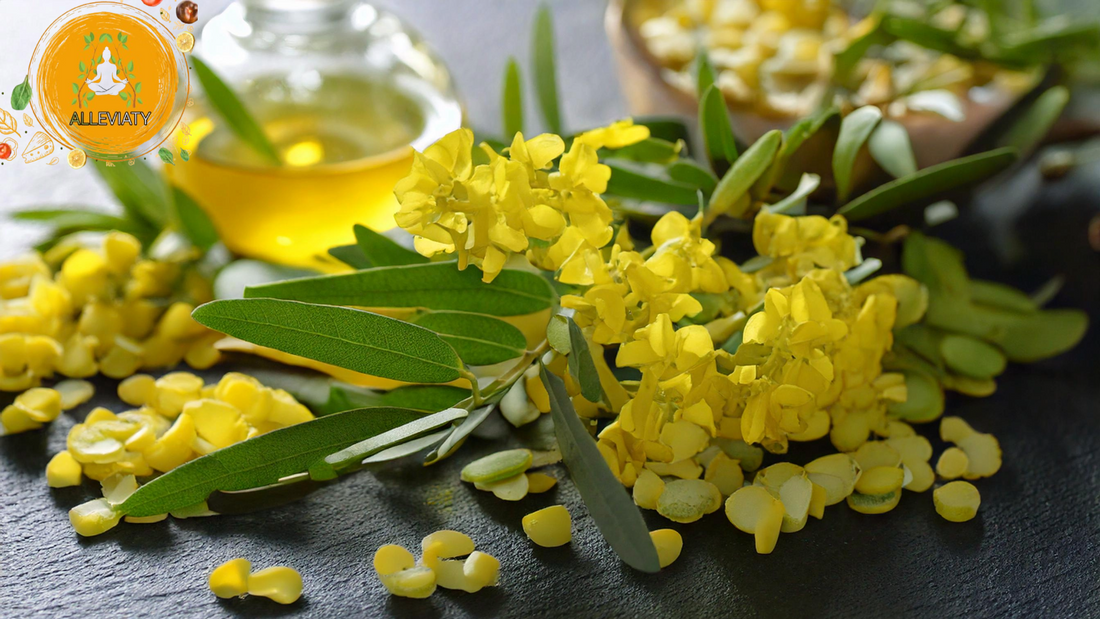
What is Quercetin
Quercetin is a type of flavonoid, which is a class of plant pigments that have antioxidant properties. It is commonly found in a variety of fruits, vegetables, and grains, with particularly high concentrations in apples, onions, berries, citrus fruits, and tea.
Uses and Benefits of Quercetin:
1. Antioxidant Properties: Quercetin helps combat oxidative stress by neutralizing free radicals in the body, which can contribute to various chronic diseases.
2. Anti-inflammatory Effects: It may help reduce inflammation by inhibiting the production of inflammatory cytokines, which can be beneficial for conditions like arthritis.
3. Immune System Support: Quercetin is thought to enhance immune function and may reduce the severity and duration of colds and other infections.
4. Allergy Relief: It has antihistamine properties, which may help alleviate symptoms associated with allergies, such as runny nose and sneezing.
5. Cardiovascular Health: Some studies suggest quercetin may help lower blood pressure and improve heart health due to its effects on blood vessels and cholesterol levels.
6. Antiviral Activity: Preliminary research indicates that quercetin might have antiviral properties, potentially helping to inhibit the replication of certain viruses.
7. Potential Anti-cancer Effects: Some studies have shown that quercetin may inhibit the growth of cancer cells, although more research is needed in this area.
Dosage and Forms:
Quercetin is available as a dietary supplement, commonly in capsule or tablet form. There is no established recommended daily intake, but doses of 500 mg to 1,000 mg per day are often used in studies. It's best to consult with a healthcare provider before starting any new supplement, especially if you have underlying health conditions or are taking other medications.
Considerations:
While quercetin is generally considered safe, it may interact with certain medications, including blood thinners and medications that affect the liver. Allergic reactions are rare but possible, particularly for those sensitive to other flavonoids.
If you have specific health goals or conditions in mind regarding quercetin, it may be helpful to discuss this further!







